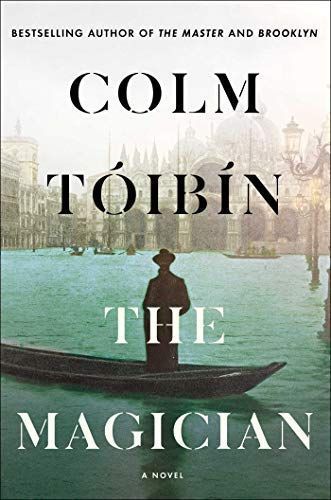
The Magician A Novel
"The Magician opens at the turn of the twentieth century in a provincial German city where the young boy, Thomas Mann, grows up with a conservative, conventional father and a Brazilian mother, exotic and unpredictable, who will never fit in. He hides both his artistic aspirations and his homosexual desires from this father, and his sexuality from everyone. He longs for the charismatic, beautiful, rich, cultured young Jewish man, but marries his twin sister. He longs for a boy he sees on a beach in Venice and writes a novel about him. He has six children. He is the most successful novelist of his time. He wins the Nobel Prize and is expected to lead the condemnation of Hitler"--
Reviews
Cassandra Tang@tangaroo
m.@marble
Nelson Zagalo@nzagalo
Amanda S@amandas
Daniel Bower@danielbower
Irem@merixien
ellie 💐💌⭐️@elliebennett
Mr Creek@makeoutcreek
Beatrice Gill @beagillmartin
James Haliburton@jdhberlin
Gigi V@barksandvino
Yasmin@yasamarante
polar cat@polarcation
Hanna Tillmanns @verana79
James Maskell@jmaskell
Highlights
m.@marble
Page 498
m.@marble
Page 479
m.@marble
m.@marble
m.@marble
Page 25